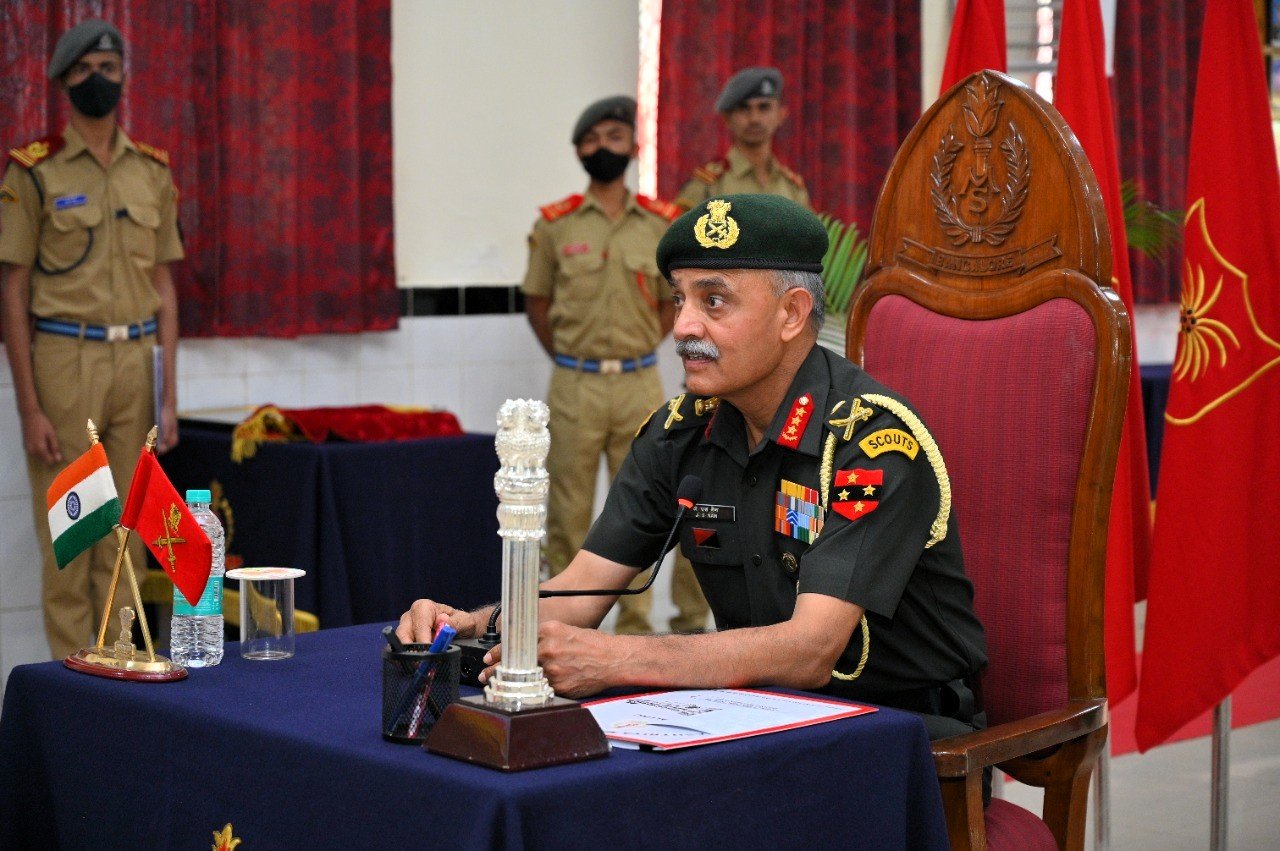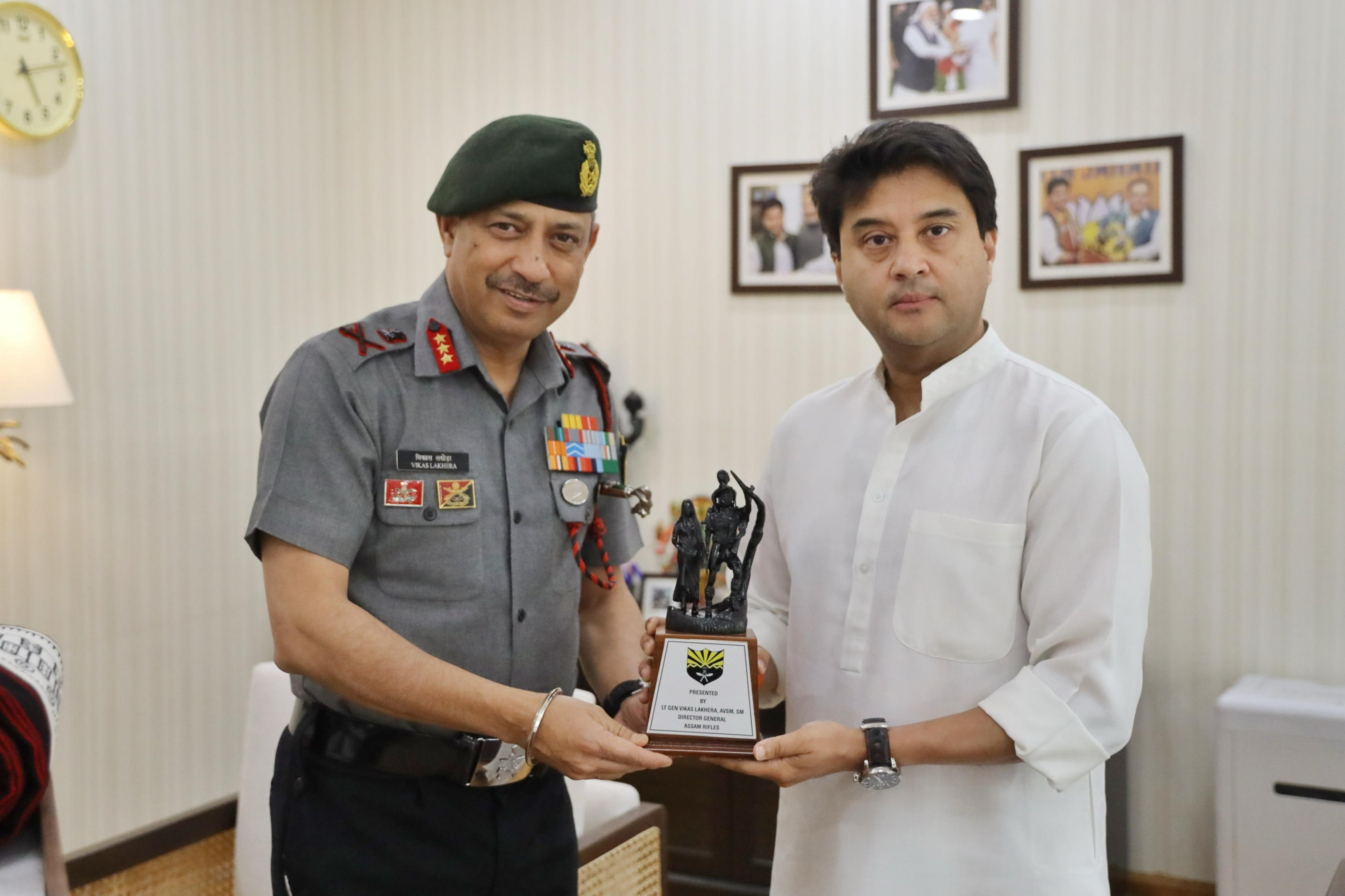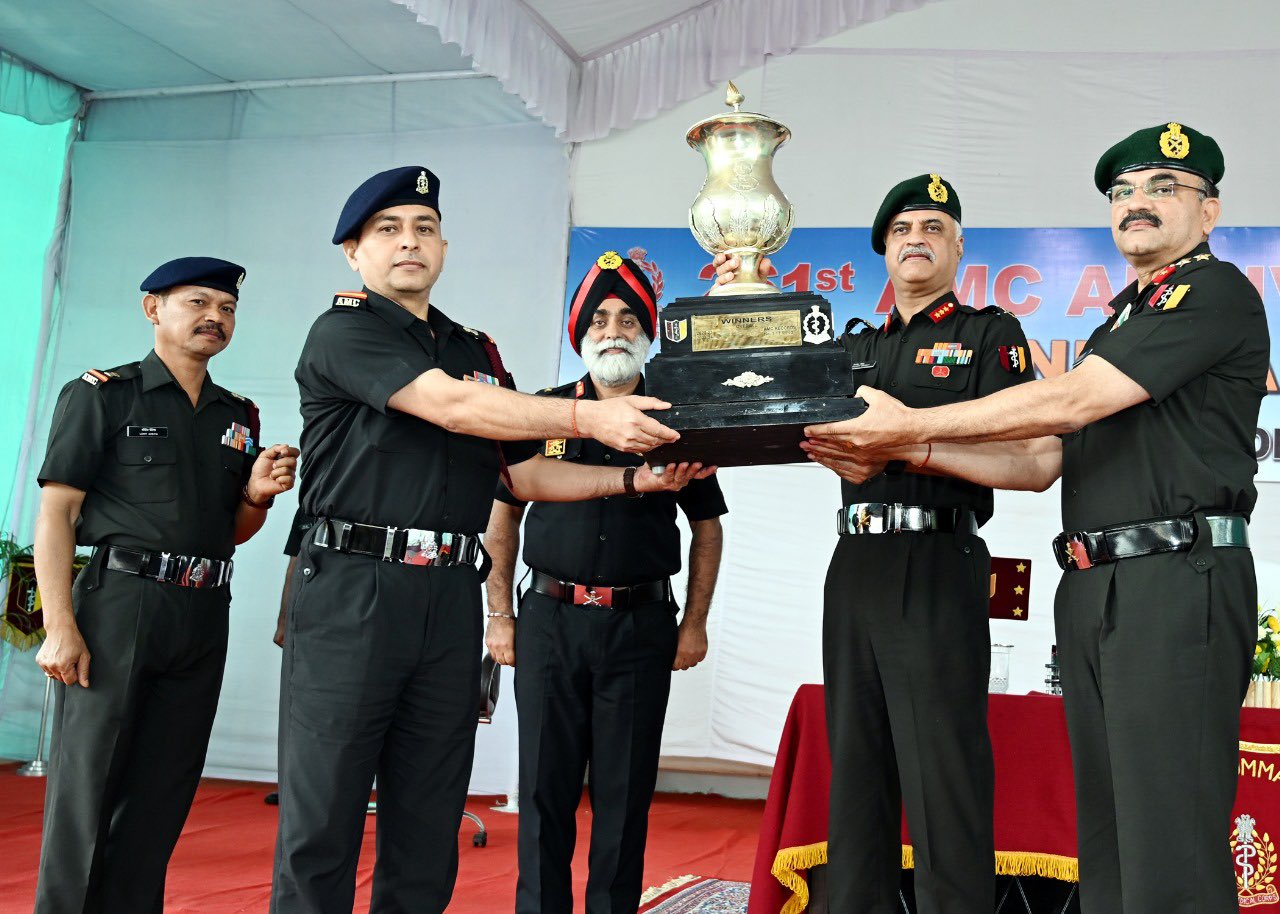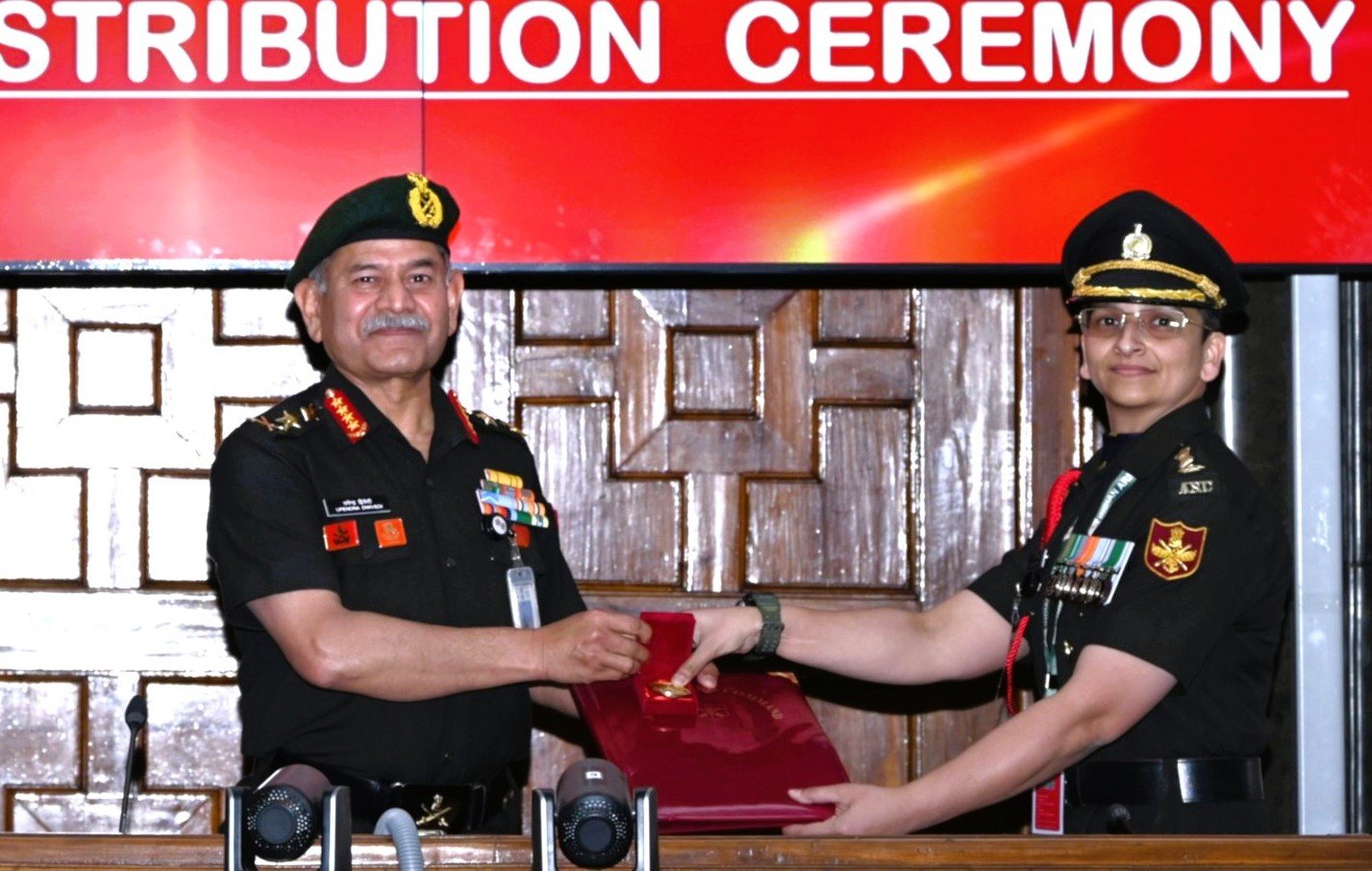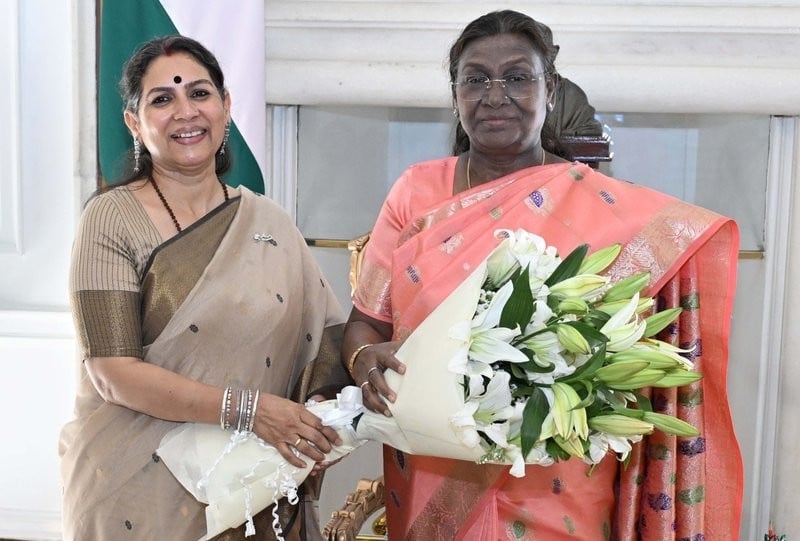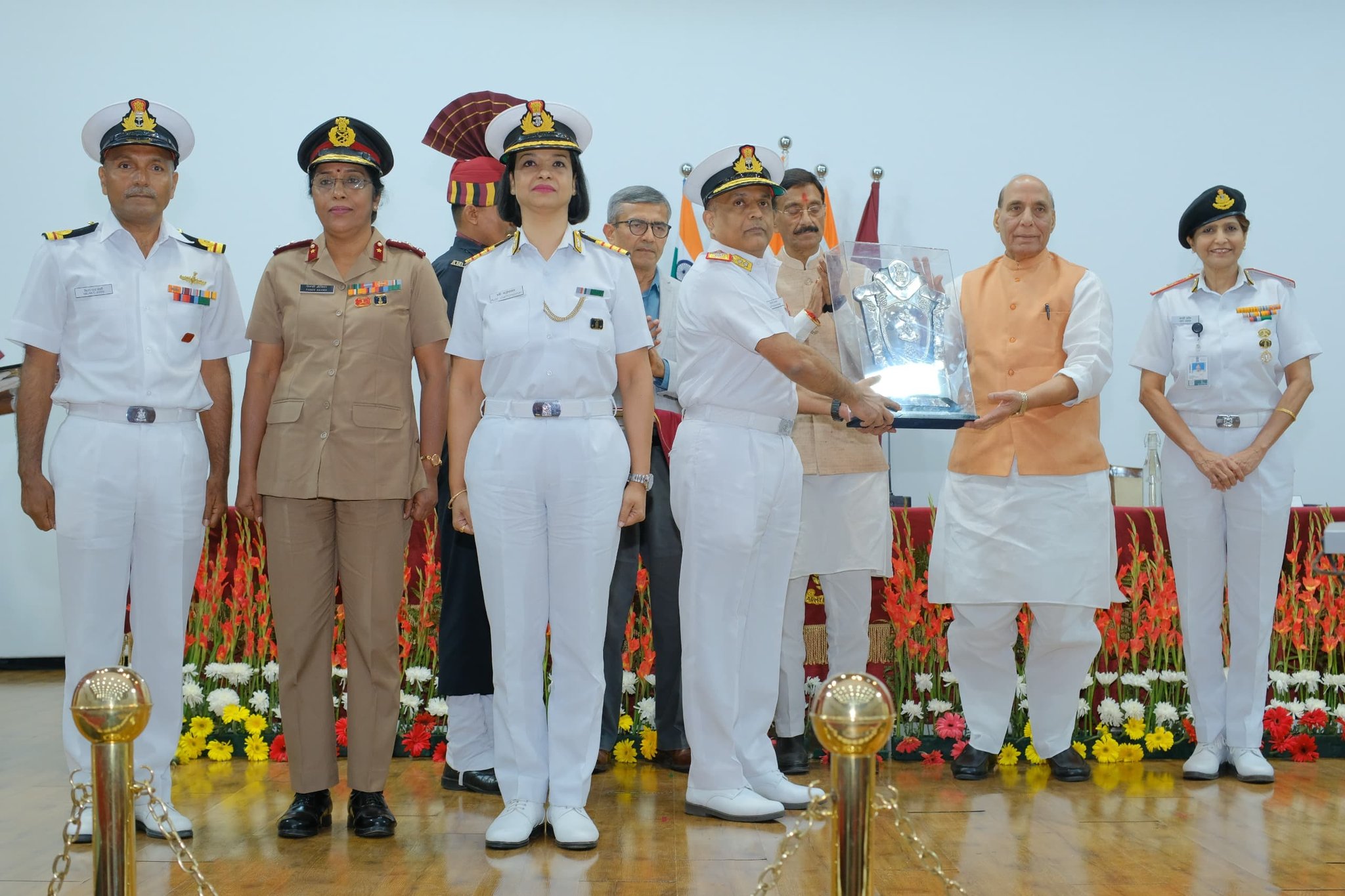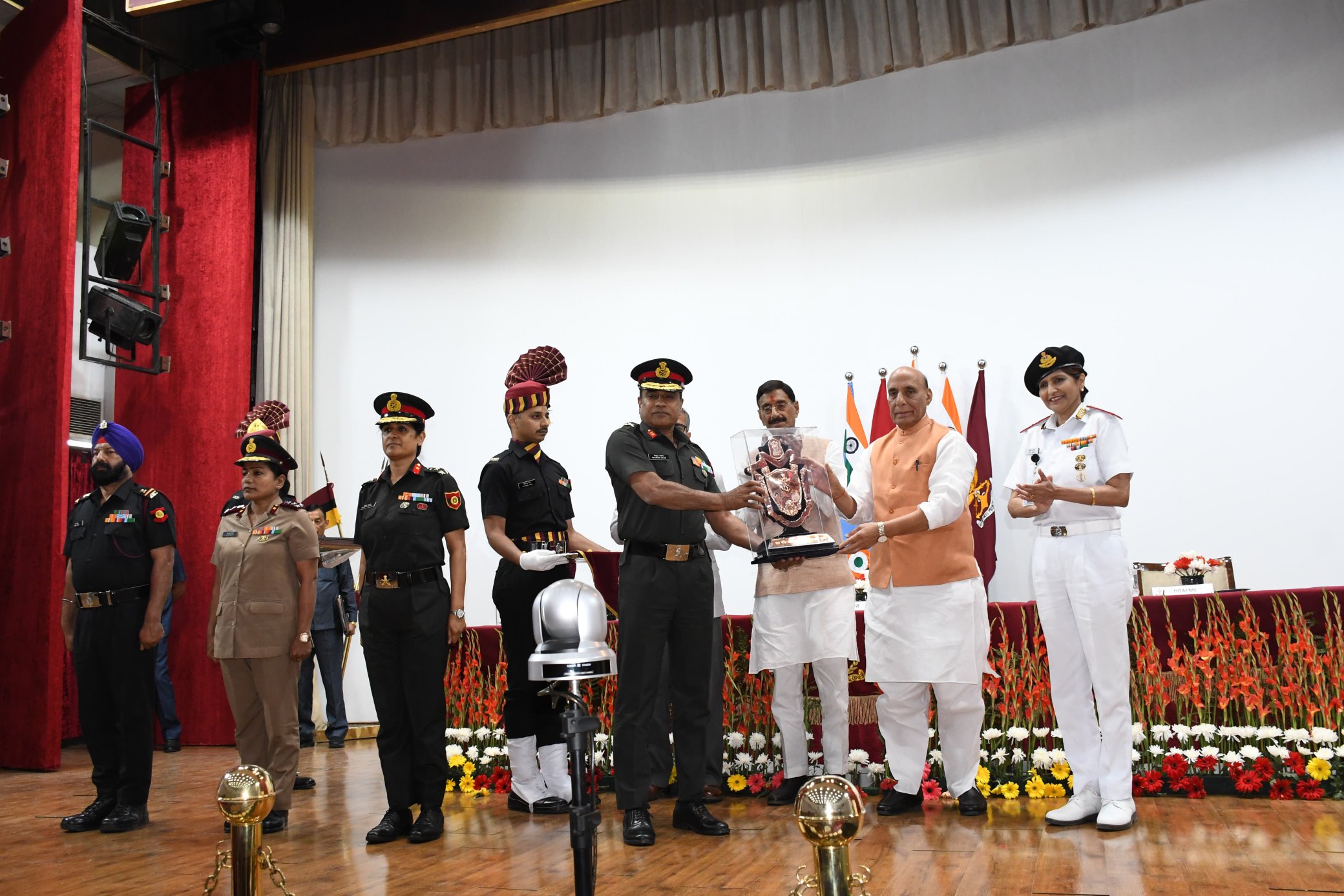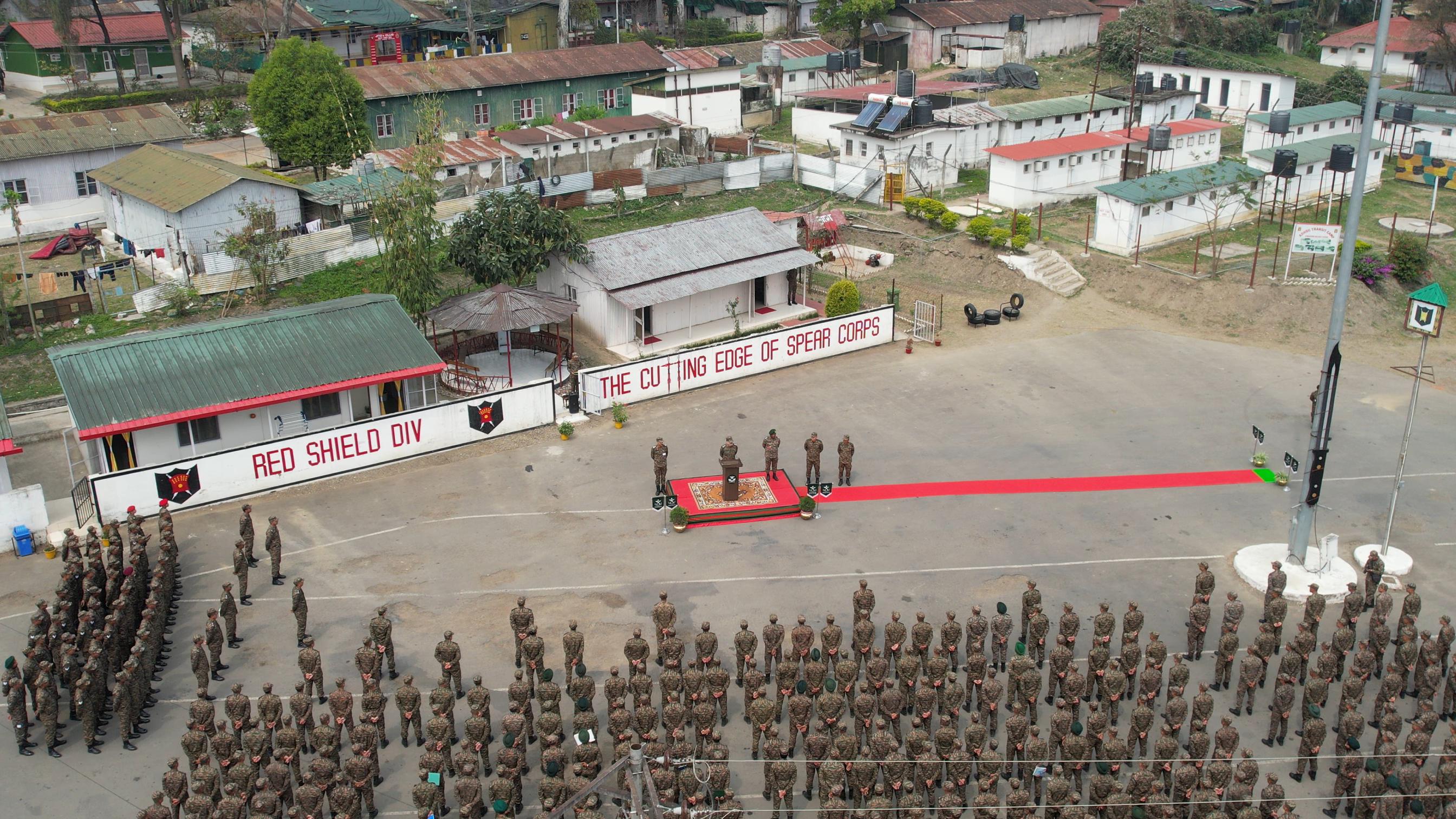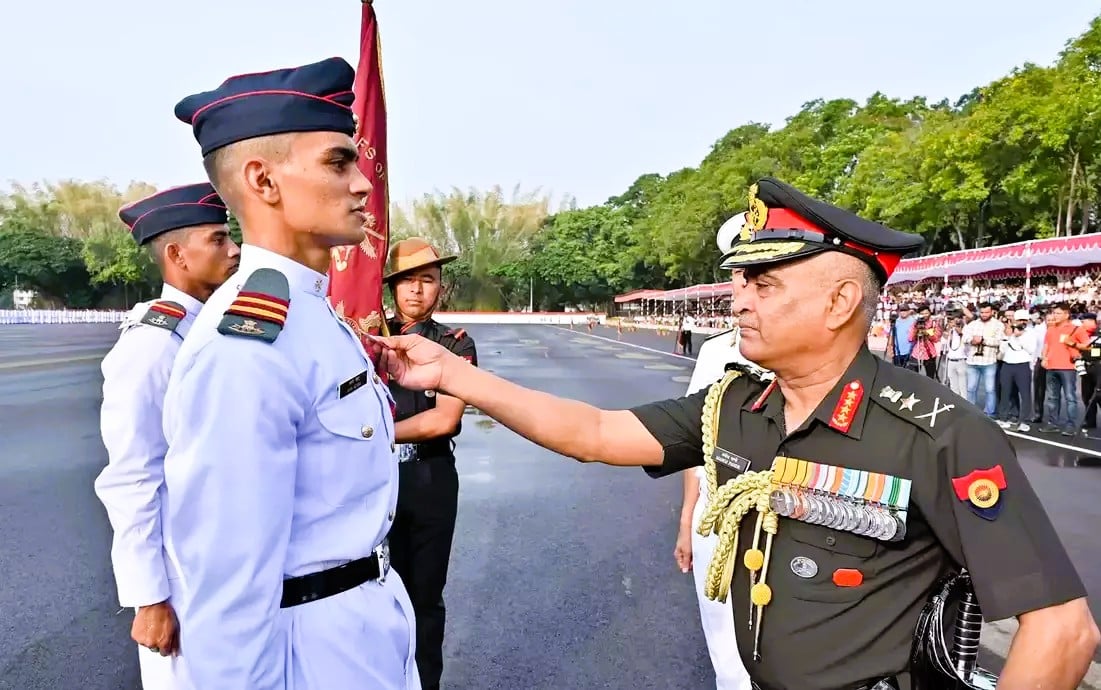In a significant policy shift, the Indian Army will implement a quantified assessment system for the promotion of Lieutenant Generals, effective March 31, 2025. This merit-based selection approach marks a departure from the existing seniority-based system and aligns the Army’s practices with those of the Indian Air Force (IAF) and Navy.
The change supports the creation of tri-Service theatre commands, a critical step toward integrated military operations.
- Quantified Assessment System: Lieutenant Generals will now be graded on various attributes on a scale of 1 to 9, enabling a merit-based evaluation for promotions. This system contrasts with the current practice of seniority-based advancements for apex-level appointments.
- Applicability: The policy applies to serving Lieutenant Generals competing for apex-level roles in integrated theatre commands and tri-Service establishments. It excludes the Vice Chief of Army Staff and commanders-in-chief of the six operational commands and the training command, who will remain under the seniority-based system.
- Revised Annual Confidential Reports (ACRs): ACRs for Lieutenant Generals will now include quantified grading to ensure consistency and transparency in the assessment process.
The shift comes in the context of India’s move toward integrated tri-Service theatre commands to streamline operations against external threats. The northern theatre command (China-specific) will be based in Lucknow, the western theatre command (Pakistan-specific) in Jaipur, and the maritime theatre command in Thiruvananthapuram. The new policy aims to ensure uniformity in top-rank assessments across the Army, IAF, and Navy, thereby strengthening the integrated war-fighting machinery.
The Army, with a cadre of over 43,000 officers, has around 90 Lieutenant Generals, 300 Major Generals, and 1,200 Brigadiers. Under the existing system, promotions to commander-in-chief (C-in-C) roles are based on seniority, date of birth, and available vacancies. To qualify, Lieutenant Generals must have commanded one of the 14 corps and have at least 18 months of service remaining before turning 60.
While the new policy aims to foster a meritocracy, it has raised concerns among some officers. Critics argue that introducing merit at such senior levels could lead to interference and disrupt the current seniority-based structure. Others highlight the steeply pyramidical structure of the Army, where very few officers reach the rank of Lieutenant General, having already been assessed on merit throughout their careers.
The policy shift aligns with the broader objective of enhancing operational readiness and coordination across the Services. Chief of Defence Staff General Anil Chauhan has presented detailed plans for the tri-Service theatre commands to Defence Minister Rajnath Singh and National Security Advisor Ajit Doval, marking the most radical military reorganization since Independence.
The introduction of a quantified assessment system for Lieutenant Generals represents a transformative step in the Indian Army’s promotion policy, emphasizing merit over seniority. While it seeks to ensure the best leadership for integrated theatre commands, its long-term impact on the organizational ethos and structure remains to be seen.

